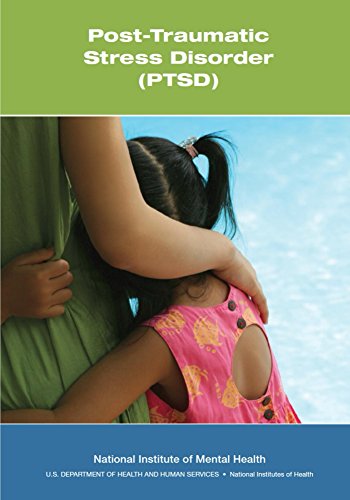
Post-Traumatic Stress Disorder (PTSD)
Publisher: National Institute of Mental Health 2014
ISBN/ASIN: B00P87TRHM
Number of pages: 18
Description:
PTSD is an anxiety disorder that some people get after seeing or living through a dangerous event. When in danger, it's natural to feel afraid. This fear triggers many split-second changes in the body to prepare to defend against the danger or to avoid it. But in PTSD, this reaction is changed or damaged. People who have PTSD may feel stressed or frightened even when they're no longer in danger.
Download or read it online for free here:
Download link
(660KB, PDF)
Similar books
 Bipolar Disorder
Bipolar Disorderby Richard Morriss, et al. - British Psychological Society
This book is developed to advise on the assessment and management of bipolar disorder in adults, children and young people in primary and secondary care. It applies to people with bipolar I, bipolar II, mixed affective and rapid cycling disorders.
(6542 views)
 Attention Deficit Hyperactivity Disorder
Attention Deficit Hyperactivity Disorder- British Psychological Society
This guideline has been developed to advise on the treatment and management of attention deficit hyperactivity disorder. The guideline recommendations were developed by a multidisciplinary team of healthcare professionals, service users and carers.
(10853 views)
 Antenatal and Postnatal Mental Health
Antenatal and Postnatal Mental Health- National Collaborating Centre for Mental Health
The guideline will be useful to clinicians in providing high-quality care for women with antenatal and postnatal mental health problems while also emphasising the importance of the experience of care for women and their families and carers.
(12716 views)
 Schizophrenia in the 21st Century
Schizophrenia in the 21st Centuryby T.H.J. Burne - InTech
Schizophrenia is a poorly understood but very disabling group of brain disorders. This volume covers various current options for therapy, clinical research into cognitive symptoms of schizophrenia and preclinical research in animal models.
(12145 views)